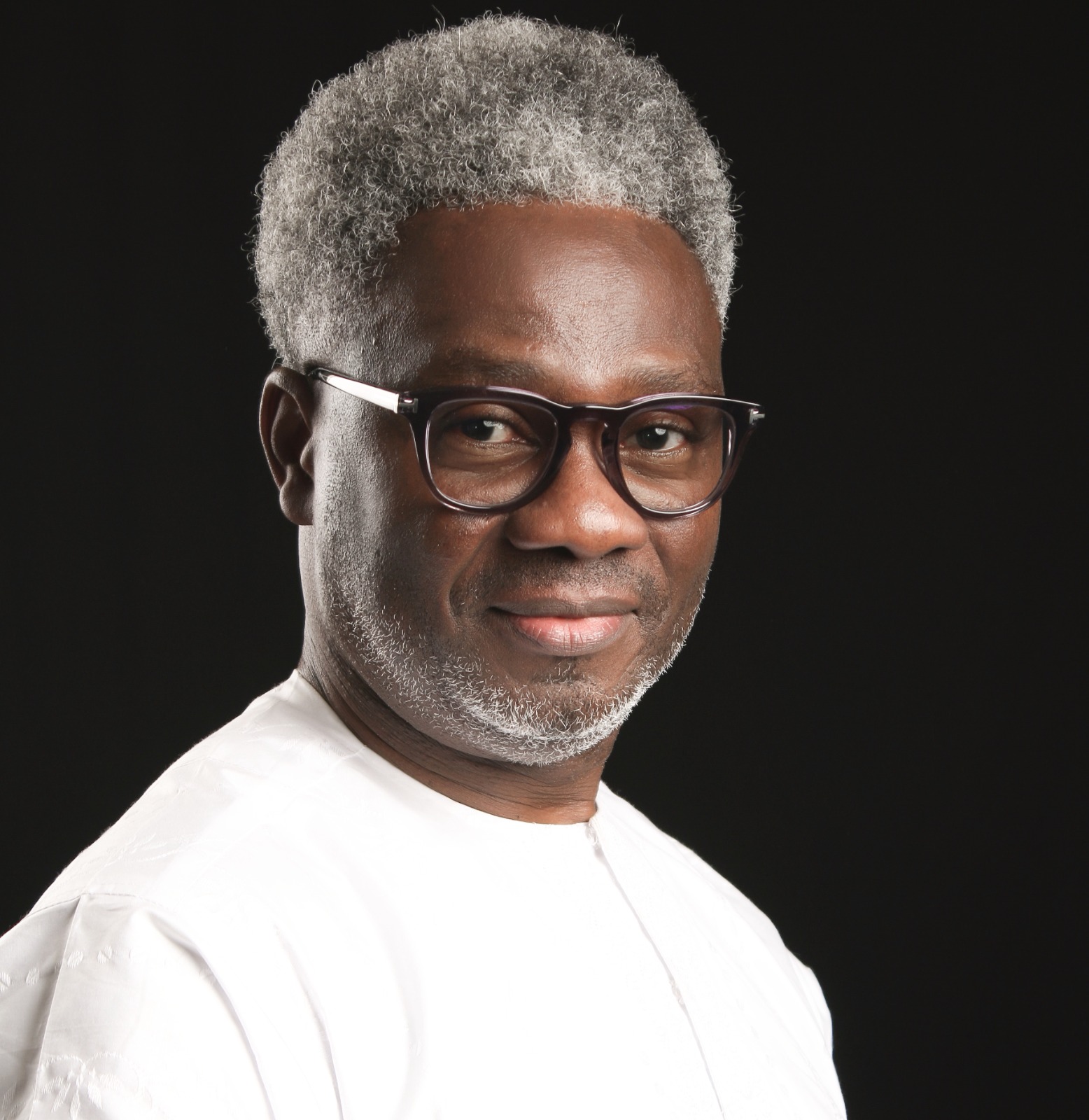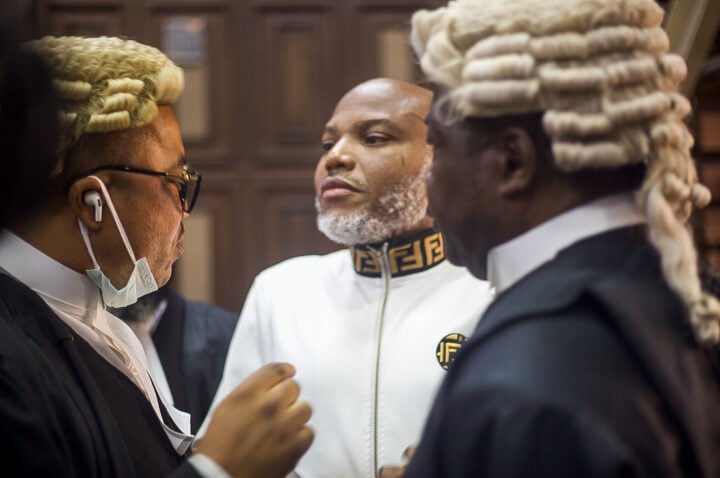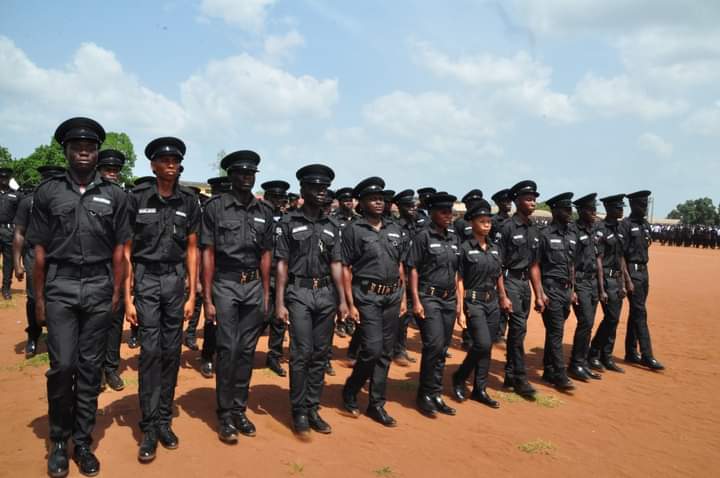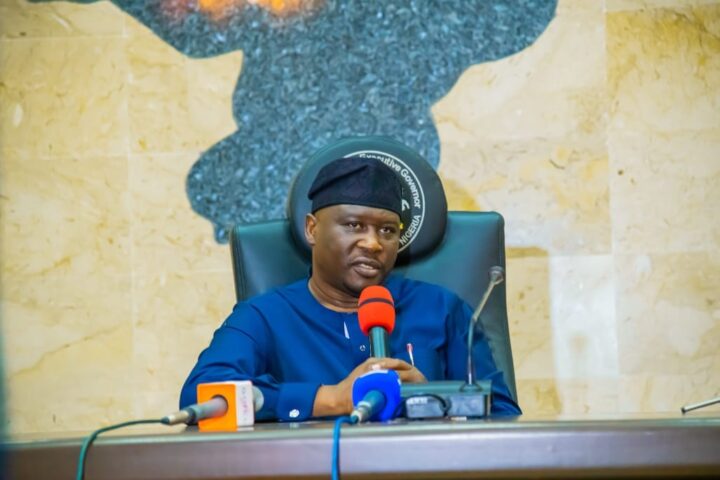In a nation seemingly in search of meaning and rebirth, where life is an all time low and more people plunge into deep poverty, with official promises presenting receding hopes; in a nation where yesterday presents the best of times and tomorrow looks forlorn and dark, it takes people of strong and exceptional character to shine their light into the heart of darkness with their intellection and studied scholarship to re-awaken the dream of a people with seminar opportunities and informed gathering.
More like a throwback to the old times when intellectuals and academics would gather for very robust discourse in convivial environments peopled by people with the kind of hearts to accommodate arguments. You argue a point to acceptance and not bully anybody into accepting a dubious point of view. There were opportunities for intellectual fraternization but today more Nigerians are running away from their books because politicians with empty yesterdays have become the new lords in the city.
In those days you would speak on any issue. Just any issue to challenge like minds. But such opportunities are getting into the realms of wishful thinking. On Tuesday, July 25, 2023, Dr Omoniyi P. Ibietan PhD, of the Nigerian Communications Commission (NCC), gave us the opportunity to dream again when he presented his book, CYBER POLITICS Social Media, Social Demography and Voting Behaviour in Nigeria, at the NCC Building at Mbora, a suburb of Abuja, the Federal Capital Territory. The mind was free to roam and dream again and the environment was just commodious for people with requisite mental elasticity and some level of erudition.
The enchanting tapestry was spread out by compere, Mr Ohi Alegbe, journalist, media consultant and a former Group General Manager (Public Affairs) of the Nigerian National Petroleum Corporation (NNPC) Ltd. Ohi once produced his play, Monkey Sweats at Christmas, for the Association of Nigeria Authors (ANA) gathering at the University of Benin to very great acclaim. He was in his natural elements on Tuesday as he stimulated audience to get out of their shells for the sake of Niyi who made everyone proud with scholarly avowal in an enticing but very relevant field.
Advertisement
Chairman of the occasion, former Minister of Information and Communication, Okeifule Frank Nweke 11, who also wrote a Commendation to the book, plunged the hall into a sobering silence when he recalled near-death experience in a plane crash. The occasion was ripe and the mind was free to roam. Even Niyi, who worked with him as media adviser, would have been in that flight. I am sure that story plays in his mind each time he sees Mr Azubuike Ishiekwene, Editor in Chief, Leadership Newspapers based in Abuja. Nweke, who thanked Azu’s wife for allowing God to use her to save his life on that fateful day, told the gathering that Azu, who has been a close friend even as the Managing Editor of Punch Newspapers in Lagos, had invited him for lunch. His choice of food was Amala, a Yoruba delicacy which can be served with bean soup or vegetable soup. Unfortunately, there didn’t seem to be time enough for such sumptuous commitment as he had to catch his flight. But the good woman insisted that the minister who visited her home must have to eat the food and that even the aides calling him from the airport should join him as there was more than enough for everybody. That happened and the food knocked them out. Instead of going to the airport, they returned to the hotel to sleep. Then it happened. The President was calling his phone nonstop. When he woke up at about 9pm and saw the missed calls, he quickly returned the call, and a relieved President asked him, Frank, where are you? There has been a plane crash and they told me you were in that flight. God simply supervened using a good woman and an unavoidable meal of Amala to keep him alive.
Azu must have read CYBER POLITICS with more than a reviewer’s interest. The reason being that the book painstakingly aggregates a lot of studies and expert opinions, mixed with detailed personal doctoral research into modern technology, social media and political communications apropos voter behavior and decisions in the country. Being a newspaper man himself, I am sure the reviewer was more interested in the dangers Social Media poses to the mainstream media of print and electronic media, to the extent that an organization as prominent as Time Magazine, would in a February 5, 2009, foresee the death of journalism.
But that has not happened yet, and Azu still keeps his job. Niyi who ran away from journalism is hiding under the reassuring canopy of the Nigerian Communications Commission to write books periscoping the impact Social Media would have on Azu’s job.
Advertisement
The reviewer said of the book, ‘’CYBER POLITICS helps me as a voter to ponder if the social networks I belong to or the influencers I follow have any potential effects on my political behavior either in terms of mobilization or my actual voting decisions. Sometimes we think we’re our own man, until we realize like Pavlov’s dog, that someone somewhere might be pulling the strings.’’
While pointing out something that should be of interest to the politicians, Azu poked a cautionary advise that ‘’whatever CYBER POLITICS or any other text on Voter behaviour may say to politicians, our politicians, while they may keep an eye on social media, they will, as Joseph Stalin famously said, keep the other eye on ‘’the people who count the vote.’’
For me, the reviewer scored a good point here, only if you could just look back at the last elections, instead of leaving everything to Facebook, Twitter and WhatsApp, the stubborn social media trio that enjoyed Niyi’s attention in the book, which will not help the politicians when INEC fails its test of making electronic processing and announcement of results. Social media would have done its bit, the influencers would have earned their fat pay, perhaps for churning out pigmented data trove, while INEC would make its announcement waiting for a heaven that would not fall.
Prof Julius Ihonvbere, the House of Representative Member representing Owan Federal Constituency in Edo State would not stomach any psychedelic or whimsical appreciation of social media. He was very blunt. ‘’My people are poor. They don’t have light. They don’t have android phones. They have touch light phones. So when I am canvassing for votes, I will meet with the market women, the farmers and even the herbalists association. These groups don’t use social media; they can only be reached directly.’’
Advertisement
The Professor of Political Science had no water in his mouth when he spoke. Niyi established in his book that Social Media thrives in an environment where modern communications technology is robust while the people are able to access needed tools. Without romanticizing an ugly situation, Ihonvbere said some of his supporters who live in the villages don’t have access to those tools. This had also been confirmed by the telecoms regulator, the NCC, whose research revealed a number of Access Gaps across the country where telecommunications facilities are in short supply. Of what use is social media to the people who live in these Gaps?
‘’If I want to communicate with my people, those social media handles are meaningless,’’ Prof Ihonvbere stated clearly with the practical knowledge of a man who has seen it all, from the country side to big government offices or even while lecturing or working in the advanced west.
But speaking at a panel discussion which comprised Mr Mojeed Dahiru, writer and public affairs analyst, and Prof Abioun Adeniyi of Baze University, Niyi, while responding to a question from the Moderator, Dr Chido Onumah, a social entrepreneur, admitted that the social media influence on voter decision could be pegged at 10 percent. This information does not invalidate the strength of his book but instead provides a platform for further research explorations.
There was another piece of good news, however. Executive Vice Chairman of the NCC, Prof Umar Garba Danbatta, who also wrote the Foreword to the book, declared that social media has come to stay irrespective of the apprehensions. He posited that the ‘’NCC does not regulate social media but we regulate the platforms on which they are carried.’’
Advertisement
In all, the overwhelming submission is that Niyi has made a good scholarly contribution to a fresh field of interest which, apart from enriching the corpus of materials already available, will attract further discourse, and or even challenge other people to respond with their own materials.
Advertisement
Views expressed by contributors are strictly personal and not of TheCable.







